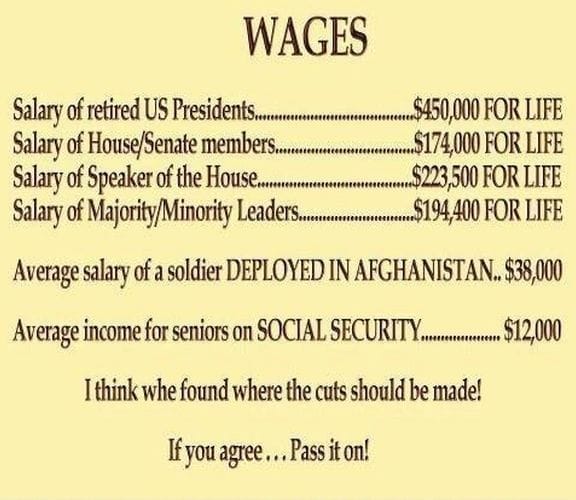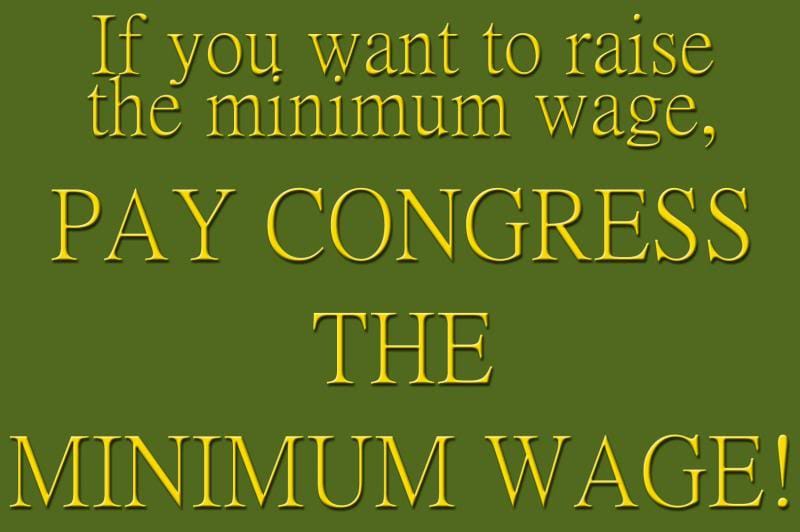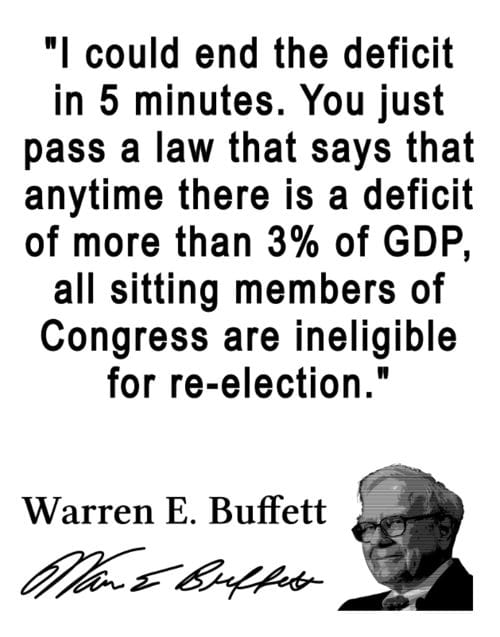3 Lies About Members of Congress You Are Fooled Into Believing
From PT Barnum traveling the country dazzling audiences with "genuine fakes," to the modern day Internet, Americans love a good lie.
They excite us and at times elicit outrage. Often, though, in the modern age, they show how little we really know about a subject.
But even at that, we still love them -- and share them wildly.
Three particular lies circulate the Internet, ones that have become part of the collective wisdom of political arguments.
Lie #1: Congress Gets Lifetime Full Pensions

While the president has received a full pension for life since the days of Harry Truman, who complained that he spent $50,000 of his own money each year responding to mail from citizens, Congress does not have that same perk.
Members of Congress have been required to pay Social Security since 1984, and they participate in the federal government's FERS pension program like all other federal employees.
Two-term House members are not eligible for any pension, while a one-term senator is eligible for a small pension at age 62.
Lie #2: Congressional Pay can be Stopped or Altered on a Whim

Any number of memes circulate the Internet when it comes to changing the congressional pay package due to minimum wage or sequestration.
The simple reality is... The Constitution doesn't allow it.
Originally intended to be a part of the Bill of Rights, the 27th Amendment was ratified in 1992. It requires any pay changes to congressional salaries to be delayed until after the next House election.
The logic behind it was simple: the Founders sponsoring the amendment didn't want Congress to have the power to keep raising their salaries without a check in place -- the ballot box.
Historically, congressional pay is actually "lower" as a ratio than in 1790.
One of the first duties of the first Congress was to set congressional wages. Before that, the individual states were responsible for paying their respective representatives.After some wrangling, the pay was set at $6 per day of Congress being in session. Congress met about 165 days on average, making the pay about $990 per year.
In context, a private in the army made roughly $48 per year during this period. Effectively, congressional members were making about 20 times the pay of a private.
Currently, privates in the Army make about $18,000 per year, which means that the current Congress makes about 10 times the pay.
While this still places them in the top 5% of wage earners, at least it hasn't surpassed the original ratios!
What we really need to consider, though, is that most members of Congress don't even need a salary at all, with over 51% of congressional members having a net worth of over $1 million (compared to 6% in the general population).
Politicians crave power. If we really want to get their attention, limitations to their power is the only real answer.
Lie #3: Changing Congressional Eligibility is As Simple As a New Law

Warren Buffet actually did say what was in this popular meme, but primarily as a joke, and realizing full-well that it would take more than a law to change congressional eligibility.
Article 1 of the Constitution contains the qualifications for being a member of Congress. Just like the 22nd Amendment was needed to limit presidential terms, any move to change eligibility for office would require a constitutional amendment.
It has been 44 years since the last constitutional amendment was passed from start to finish.
It is a pie-in-the-sky delusion for anyone to buy-in to any of the numerous schemes that require a constitutional amendment to be passed from such a bitterly entrenched partisan Congress.
And everyone should be leery of the potential of a so-called "run-away convention" if one was called by the states. Even at that, one look at the electoral map should indicate that getting three-fourths of the states to agree on the color of an orange would be impossible.
We need to change our focus from schemes that are impossible to ones that actually might work, which means change by small, yet deliberate efforts that move toward a common goal.
Debunking Political Arguments
In today's world, we are bombarded with information from all kinds of sources. Sometimes we go out looking for it -- to feed our own beliefs and outrage -- but sometimes we just see them in our daily lives.
Deciding whether or not the information we see is true is critical for an honest political process. We should not be making decisions based on half-truths and lies that others create.
Thankfully, the Internet is an equally great source of real information. Each of these three lies can be debunked in less than 30 seconds, from sites that are totally credible.
Whether or not we want to know the truth is the real issue, but that is something totally separate. Because sometimes we cling to lies just because it feeds what we already "know" is true.
Photo Credit: HHStudio / shutterstock.com





